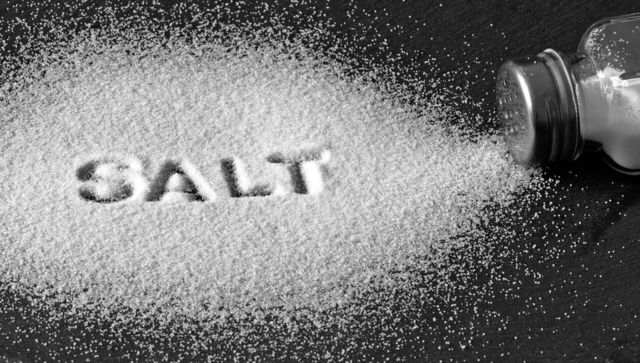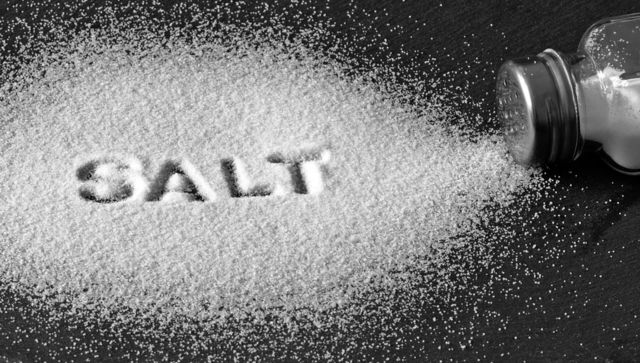Taking too much salt with your food is perhaps not that great an idea. A new study has now found that consuming excess salt can weaken the immune system, making it harder for the body to fight off bacterial infections.
The study, conducted by the University Hospital of Bonn in Germany, saw researchers feeding mice a high-salt diet and found that they suffered from severe bacterial infections. The same was done with human volunteers and they developed immune deficiencies as well.
The study found that people who consumed more than the WHO recommended quantity of a teaspoon of salt were at a higher risk of health complications.
The results of the study are in sharp contrast of earlier beliefs where it was seen that skin parasites in lab animals heal significantly faster if they consume a high-salt diet.
Lead author of the new study Dr Katarzyna Jobin said that the study highlights that the generalisation of a high-salt diet being beneficial is not accurate.
According to her, the body keeps the salt concentration in the blood and organs mostly constant facilitating proper bodily functions. The only exception is the skin and thus, additional intake of salt helps in case of skin diseases and not other body parts.
During the course of the study, authors examined human volunteers who consumed 6 grams of extra salt apart from their daily intake. A week later scientists found that their immune cells were coping much worse with bacteria after they started on a high-salt diet. The research was published in the journal Science Translational Medicine.


)




)
)
)
)
)
)
)
)